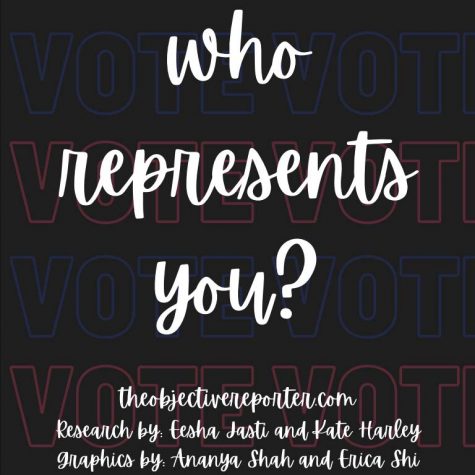Facebook Fiasco
May 9, 2018
News Analysis
On March 18th, two separate newspapers, New York Times and The Guardian’s Observer broke a damaging and scandalous story accusing Cambridge Analytica, a political data firm backed by wealthy Republican donor Robert Mercer, and former White House strategist Stephen K. Bannon. The A1 story ran in the Times with the headline: “How Trump Consultants Exploited the Facebook Data of Millions.” It set off a firestorm in both the tech and political world.
However, this news of Cambridge Analytica trying to get an upper hand using Facebook data was not a first-time occurrence, with The Guardian reporting in late 2015 that the firm was helping Texas Senator Ted Cruz’s ultimately unsuccessful presidential campaign. The report implied that Cambridge was using data that had been acquired through surveying millions of Facebook users in an attempt to gain an edge over his Republican rivals, which at the time included candidate Donald Trump. After Cruz lost the primary and Trump won the GOP’s nomination in 2016, his campaign started investing heavily in Facebook ads, trying to get users to vote him into office. The campaign, Donald J. Trump for President, was being run by Stephen Bannon. Bannon has been an integral part of Cambridge since its creation: he gave it the name and has been one of its earliest board members.
After the scandal broke on March 18, a storm began brewing, on Capitol Hill and in Menlo Park at Facebook Headquarters. Exactly three days after the story hit the papers, Facebook founder and CEO Mark Zuckerberg released a lengthy Facebook post updating users on the situation. He began by saying, “we have a responsibility to protect your data, and if we can’t then we don’t deserve to serve you. I’ve been working to understand exactly what happened and how to make sure this doesn’t happen again.” He then gave a timeline of the interaction between Cambridge Analytica and Facebook, saying that he knew Cambridge had improperly acquired the data but was under the impression they had deleted it.
On Tuesday, April 10th, Zuckerberg testified before the Senate. One of the biggest realizations from the hearing was that the Senate doesn’t understand Facebook. Utah Senator Orrin Hatch furrowed his brow and looked visibly confused while questioning Zuckerberg on how he can run Facebook and profit with no paid subscriptions. Senator Brian Schatz of Hawaii asked a question about “emailing over WhatsApp”, that left many questioning the Senate’s understanding of basic technological services and whether they were the best people for the questioning.
Another takeaway, this one pertaining to Facebook and where they go from here has to do with artificial intelligence. The sites crackdown on “hate speech” will be dealt with by AI and as will most of its moderation tools. Right now, however, there is little evidence to support that this can help, but it certainly is a possibility.
So what is the takeaway from the scandal? Not even tech giants like Facebook are immune to the scandal and that if you put your data into these sites, you have to assume the risks that your data can be compromised.







